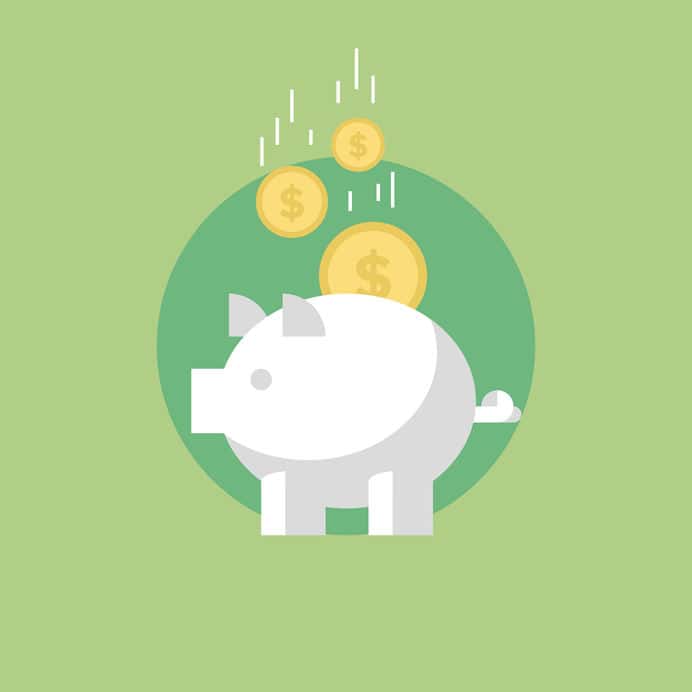Year: 2017
Few things are more important than your credit history when it comes time to purchase your new home. Your credit score isn’t just a number; it paints a full financial picture. We’ve mapped out a guide to understanding your credit during the mortgage process and how to start planning for successful homeownership today.
Credit scores fall within a range from 300 to 900. Your credit score directly influences which programs you qualify for and subsequent loan rates. Individuals with higher scores face fewer limits during the mortgage process and sometimes the cost of private mortgage insurance.
Scores of 780 or higher are desirable to most creditors and receive the best possible rates. Borrowers with scores between 720 and 780 also receive lower interest rates and are considered excellent candidates in the eyes of lenders. Scores within the 660 and 719 range are respectable as well and qualify for most loans; however, these individuals face higher rates.
Any score below 660 will limit you to a select few programs and while offering higher consumer rates. People with a credit score of 580 or below risk the chance of not being approved for a loan. If they are approved, they’ll most likely encounter extreme rates.
Though your credit score is not the only determining factor, a Loan Office at Assurance Financial is ready to help work with you to determine which loans are available. Whether you are a First Time Home Buyer, a Veteran or looking for a USDA Rural Loan, we’re here to help. Find a loan officer near you and see how our home loan experts can help you today!
[download_section]
Buying a home is a big deal, and most likely the most expensive purchase you’ll make in your lifetime. Thankfully, your purchase comes with a few perks. There are several tax deductions available when buying a home that can put a good chunk of cash back in your pocket. Here are a few tax advantages that make your home a great investment.
Mortgage Tax Deduction Benefits when Buying a Home
Tax codes give homeowners the choice to deduct the mortgage interest from their tax obligations. This can equal to a huge deduction for many owners since interest payments make up a large amount of your mortgage payment.
Also, when buying a home you can begin claiming points on your loan the first year. These points are called origination fees and can be claimed even if the seller pays for them. Origination fees of one percent, or more, are common and can add up to big savings for buyers.
Property tax is also deductible. Real estate property taxes paid on your home are fully deductible for income tax purposes.
Tax Deduction on Home Equity Lines
You can also deduct the interest paid on a home equity loan. This gives you the chance to shift your credit card debts to your home equity loan. You’ll pay a much lower interest rate than those offered by credit card companies and get a deduction on the interest as well.
Home-office deductions
If you are buying a home and self-employed or do freelance work in a home office, deductions can save you money on your taxes. The IRS allows you to write off a portion of your regular expenses that you spend to conduct business at home. This includes electricity, water, Internet, and other costs. When calculating your home office deduction, measure what percentage of your living space your offices takes up and how much you spend each year.




